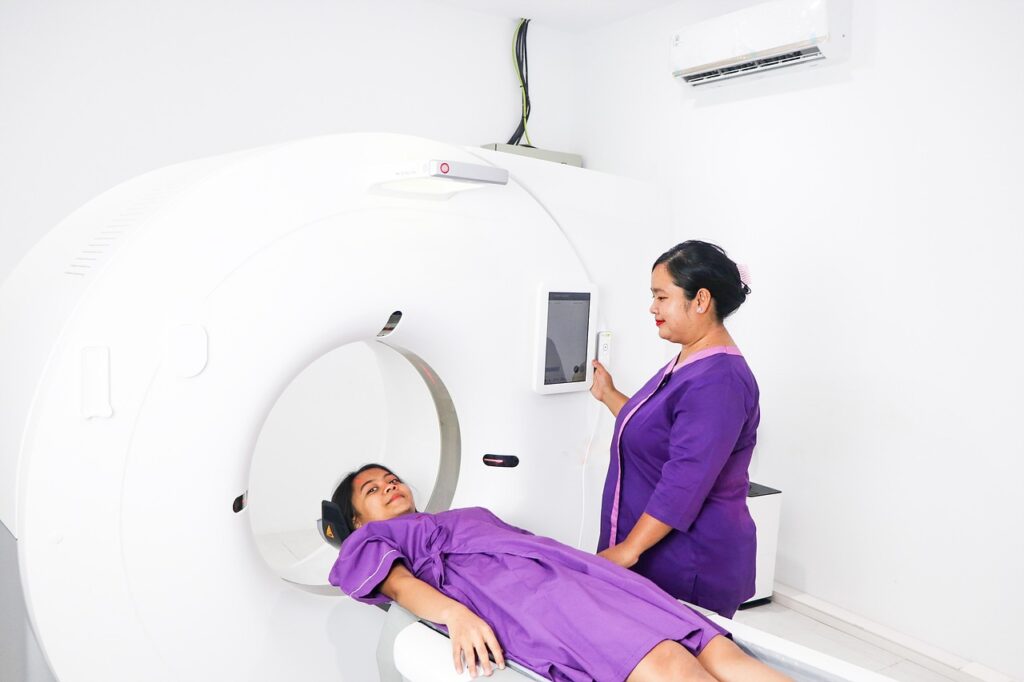Share this Page:
Immunotherapy has transformed the treatment of many cancers, including kidney cancer and melanoma. Clinical trials are looking at reduced treatment schedules for immunotherapy with the aim of improving quality of life, tolerability, and cost-effectiveness. This study aims to provide insight into patient and carer’s perspectives of these trials.
Seven focus groups were conducted with 31 people with stage IV melanoma, kidney cancer, or caregivers for people treated with immunotherapy.
Three main themes came out of these discussions:
- “Treatment and clinic visits provide reassurance”: reducing hospital visits may not improve quality of life.
- “Assessment of personal risk versus benefit”: the decision to participate in an immunotherapy trial to reduce treatment schedules is influenced by treatment response, experience of toxicity and perceived logistical benefits based on the patient’s circumstances.
- “Pre-existing experience and beliefs about how treatment and trials work”, including the belief that more treatment is better, influence views around these trials.
This study provides insight into recruitment challenges and recommends strategies to enhance recruitment for ongoing trials looking at reduced treatment schedules for immunotherapy. These findings will influence the design of future trials ensuring they are acceptable to patients.
We would like to thank all the patients and carers who were part of the focus groups and who contributed to this interesting piece of work.
Read the full paper in the British Journal of Cancer here
Alison Fielding, Trustee for Action Kidney Cancer, and Sharon Deveson Kell, Policy and Medical Affairs for Action Kidney Cancer, are both authors of this paper.















